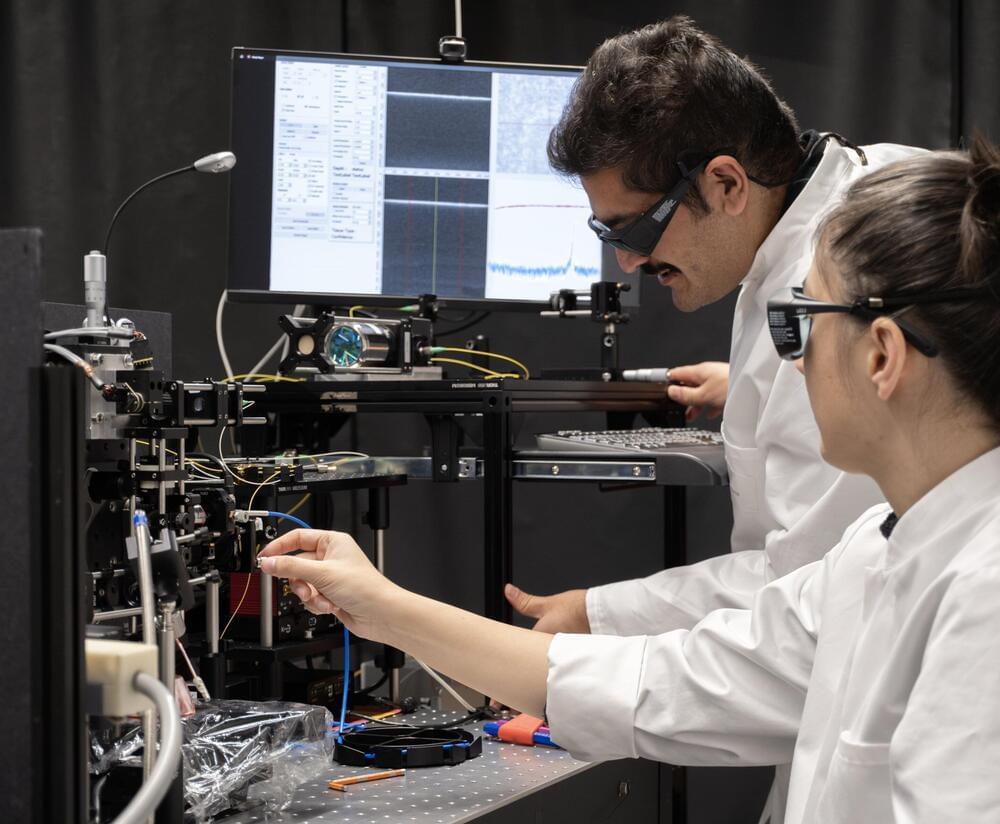Using lasers rather than scalpels and saws has many benefits in surgery. Yet they are only used in isolated cases. But that could be about to change: laser systems are getting smarter and better all the time, as a research team from the University of Basel demonstrates.
Even back in 1957, when Gordon Gould coined the term “laser” (short for “Light Amplification by Stimulated Emission of Radiation”), he was already imagining the possibilities for its use in medicine. Surgeons would be able to make precise incisions without even touching the patient.
Before that could happen, however, there were—and still are—many hurdles to overcome. Manually controlled light sources have been superseded by mechanical and computer-controlled systems to reduce injuries caused by clumsy handling. Switching from continuous beams to pulsed lasers, which turn themselves rapidly on and off, has reduced the heat they produce. Technical advances allowed lasers to enter the world of ophthalmology in the early 1990s. Since then, the technology has moved on in other areas of medicine, too, but only in relatively few applications has it replaced the scalpel and the bone saw.
